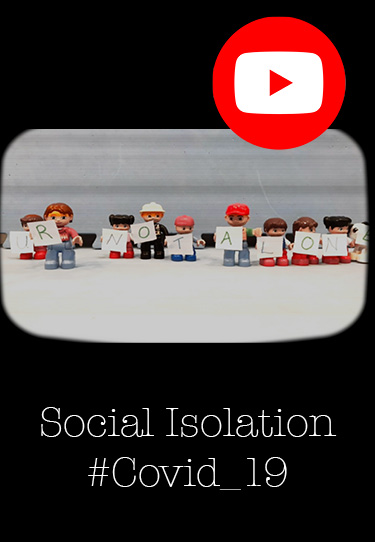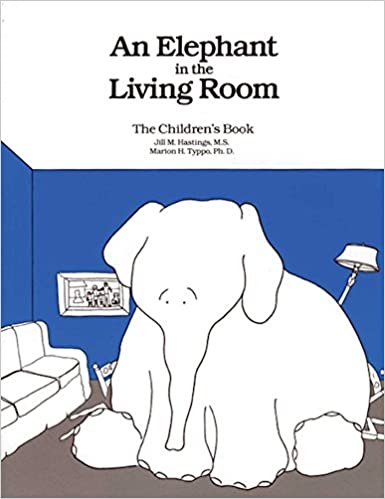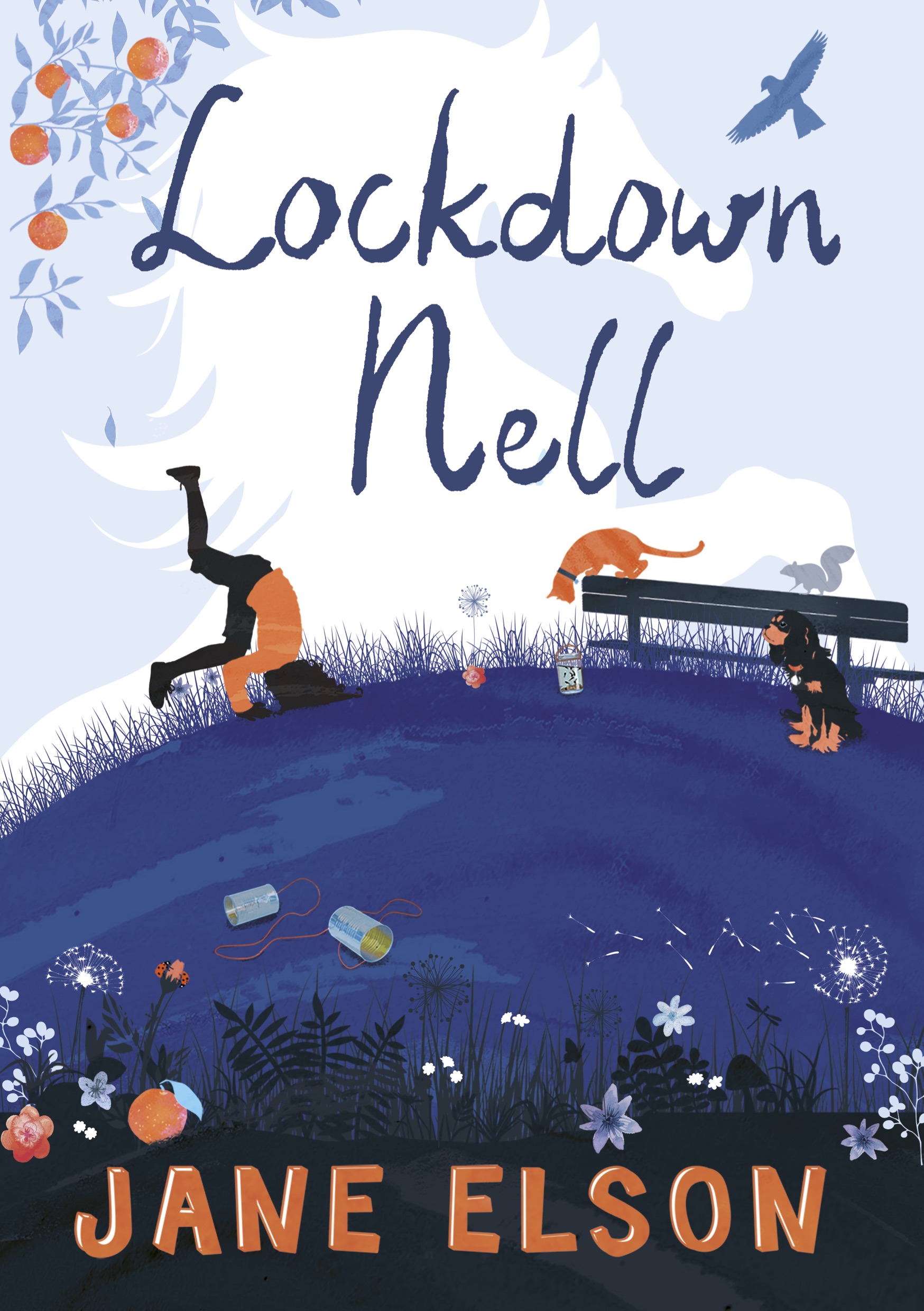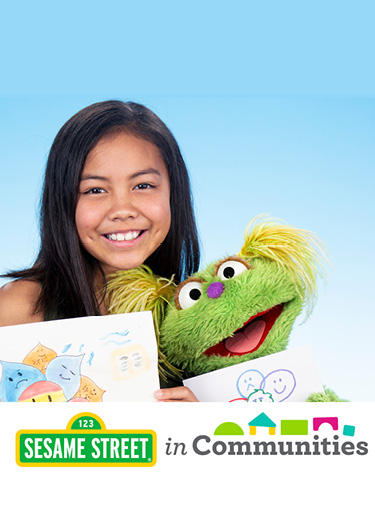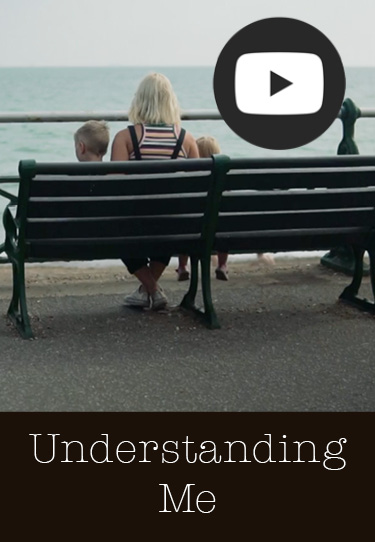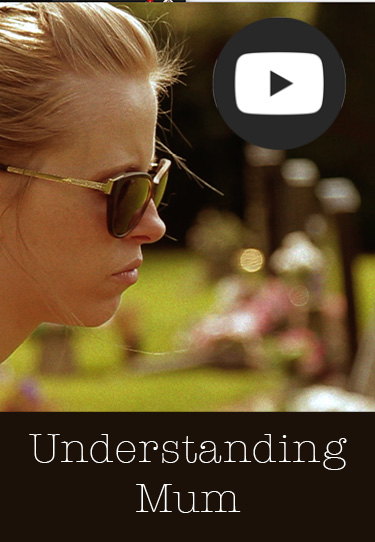Help and advice for children whose parents drink too much
Do you…
- Feel too embarrassed to take friends home?
- Keep secrets about problems affecting your family?
- Tell lies to cover up for someone’s drinking?
- Feel guilty and don’t know why? Feel different from other children?
- Feel confused when your mum or dad change when they drink?
- Feel nobody really cares what happens to you?
- Think no one could understand how you feel?
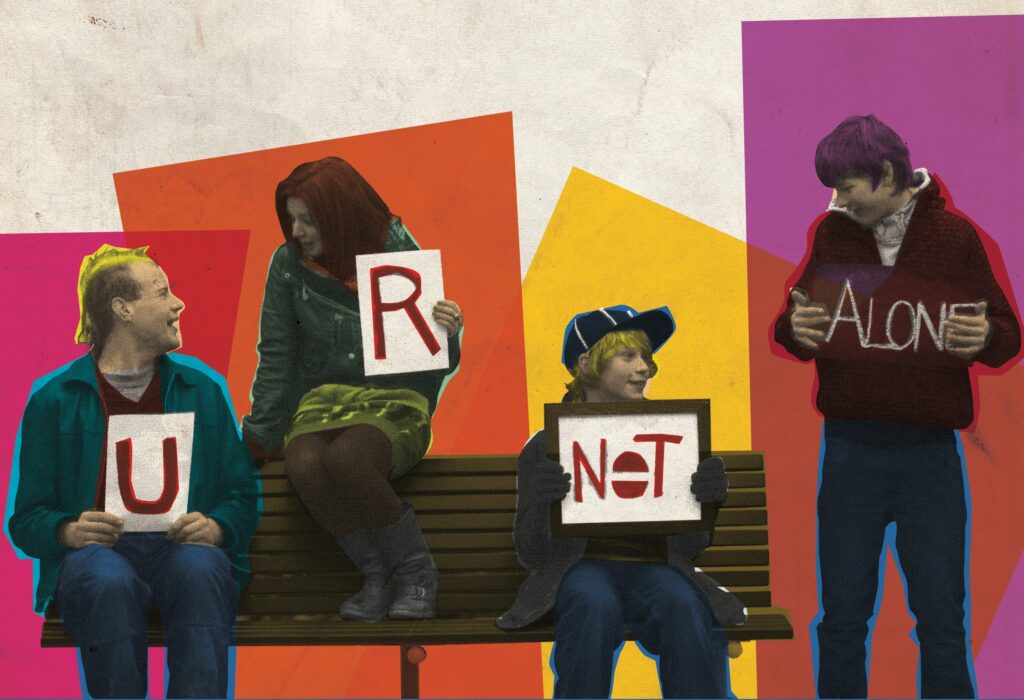
You are not alone. Many families keep alcohol problems a secret, so sometimes it can feel like you are the only one. 1 in 5 children in the UK live with a parent who drinks too much. This means other children you know at school, clubs etc. may have similar problems.
If your parent, step-parent, grandparent, carer, or anyone else important to you drinks too much, it can affect you, even if you are not living in the same house.
Things to remember
- It’s not your fault. When someone has an alcohol problem, drinking becomes so important that they may upset people they love. Promises are not always kept and children can feel let down or forgotten.
- Alcohol affects the brain. Alcohol can make people forget things. They often don’t remember silly, embarrassing, or other things they say or do when drunk.
- You can’t control someone else’s drinking. Pouring away or hiding alcohol may make things worse.
- You are not responsible for your mum or dad’s drinking. Your mum or dad can only stop drinking when they are ready. There is help, but they have to accept that they have a problem and want to stop.
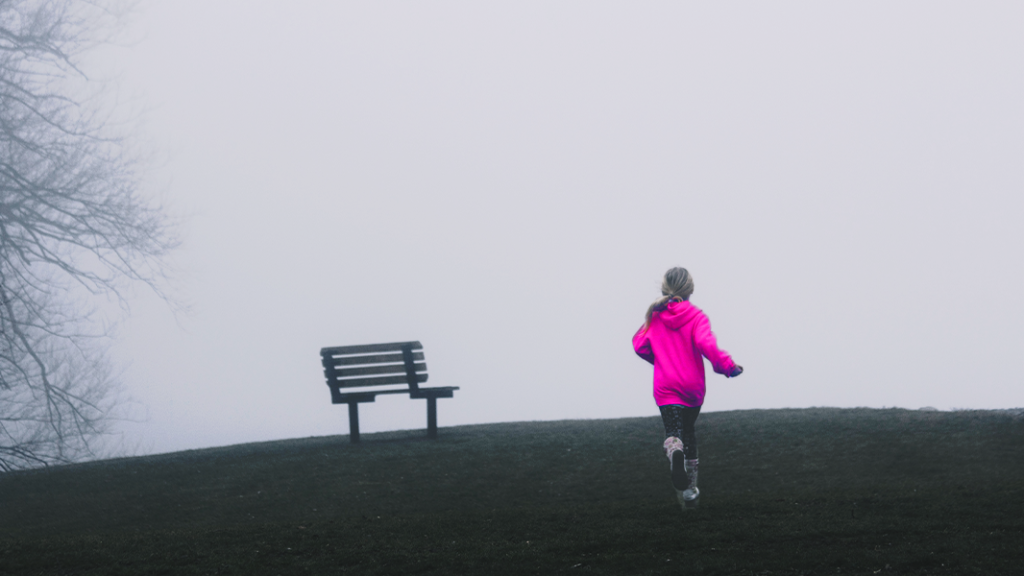
Ways to feel better
- Talk to someone you trust. Talk to a friend, relative, teacher, or Nacoa. Talking about how you feel is not telling on your family and can help you feel less alone.
- Find out more about alcohol and the effects on the family. Look at Information, Books and videos or Frequently asked questions.
- Do things you enjoy. You are important too. This may be sports or hobbies, playing in your room or garden, reading a book or watching TV, or going to a friend’s. Perhaps join an after-school, youth, or sports club. Sometimes worries can take over and taking a break can help.
- Understand that your feelings are normal. It’s OK to hate the problems drinking can cause, yet love the person who is drinking. Addiction problems in the family can result in a lot of confusing and upsetting feelings. Talking and writing about your feelings can help. Some people like to keep a diary, write poems, or draw and paint. For more ideas, see Childline’s feelings toolbox.
- Read other children’s stories. Seeing what it’s like for other children who have a mum or dad that drinks too much can help you feel less alone.
“Nobody knows what it’s like at home and I don’t have the bottle to tell them. I don’t think my mum would approve but I need someone to talk to and know what it’s like.”
Charlie, age 12
Staying safe
When people drink, they can act differently and hurt themselves and people around them. Call Nacoa and we can help you make a plan just in case you get scared.
- Some children feel safe in their bedroom, or with their brothers and sisters, some children feel safe with someone they trust, like a grandparent or neighbour.
- Make lists of places you feel safe and friends/family you trust (including their telephone numbers) so you have everything you need to keep safe and separate from the problems at home.
- If you are frightened, contact Nacoa and we can help you find a safe place, or phone ChildLine on 0800 1111. The Police and Ambulance Service are also here to help and want you to be safe – call 999.
Help for children when parents drink too much
At Nacoa, we understand what it’s like when a parent drinks too much. Our helpline is free and confidential. You can talk on the phone or send us a message.








